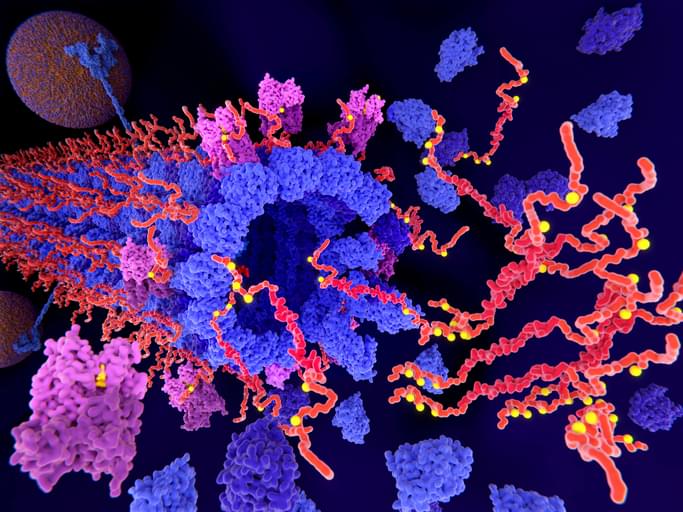Researchers at Weill Cornell Medicine report that a rare gene mutation that delays Alzheimer’s disease does so by damping inflammatory signaling in brain-resident immune cells in a preclinical study. The finding adds to growing evidence that brain inflammation is a major driver of neurodegenerative disorders such as Alzheimer’s—and that it may be a key therapeutic target for these disorders.
In their study “The R136S mutation in the APOE3 gene confers resilience against tau pathology via inhibition of the cGAS-STING-IFN pathway,” in Immunity, the investigators examined the effects of the mutation APOE3-R136S—known as the “Christchurch mutation”—which was recently found to delay hereditary early-onset Alzheimer’s. The scientists showed that the mutation inhibits the cGAS-STING pathway, an innate immune signaling cascade that is abnormally activated in Alzheimer’s and other neurodegenerative diseases. The researchers found that pharmacologically blocking the cGAS-STING pathway with a drug-like inhibitor replicated key protective effects of the mutation in a preclinical model.
“This is an exciting study because it suggests that inhibiting this cGAS-STING pathway could make the brain more resistant to the Alzheimer’s process, even in the face of significant tau accumulation,” said study senior author Li Gan, PhD, the Burton P. and Judith B. Resnick Distinguished Professor in Neurodegenerative Diseases and director of the Helen and Robert Appel Alzheimer’s Disease Research Institute at Weill Cornell Medicine.
